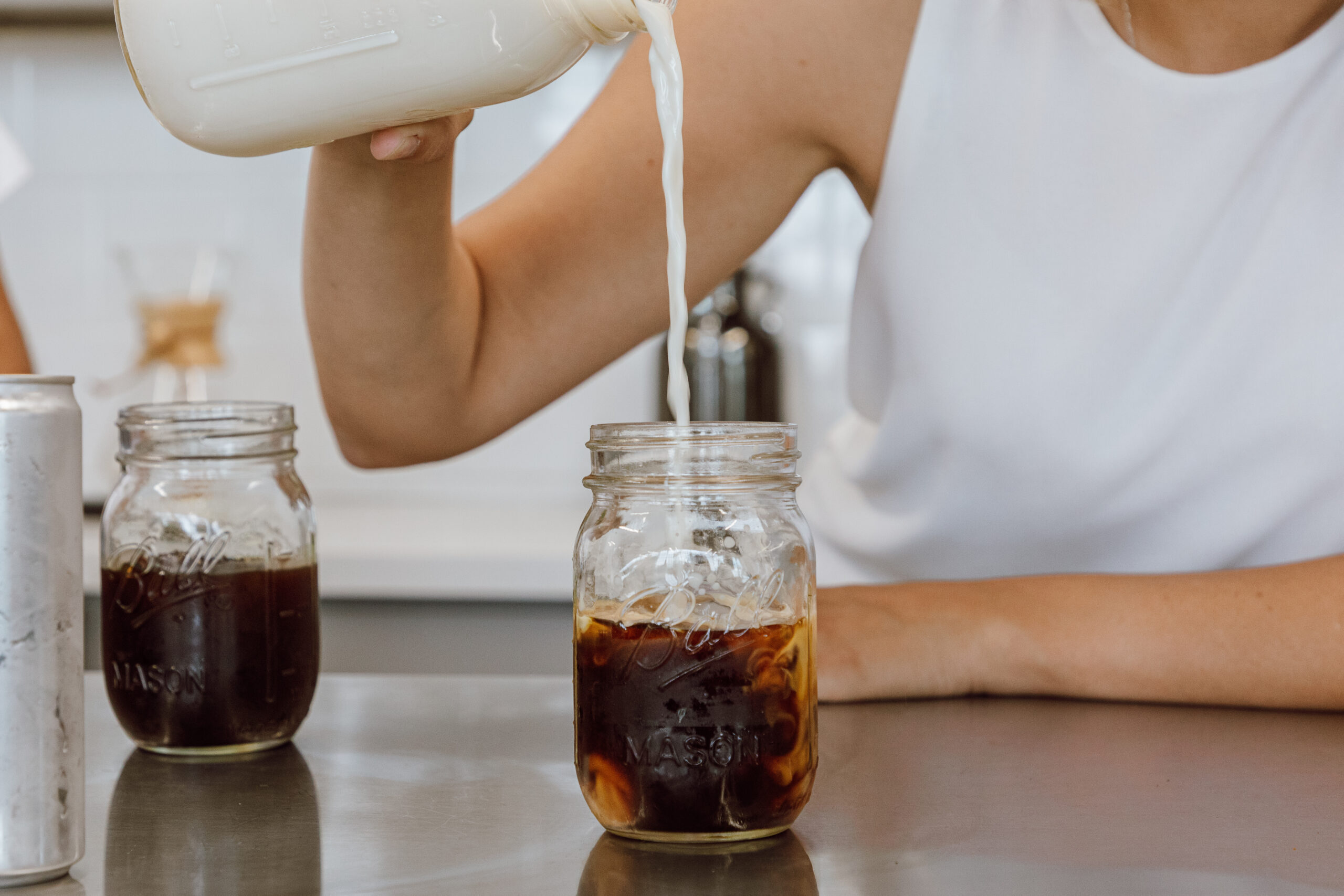Can a cup of joe made without coffee beans change the world? And can it do so while still tasting like coffee?
CEO and founder of food-tech startup Compound Foods, Maricel Saenz, believes that a “beanless” brew is not only possible, but that it can also make an impact on climate change without offending the palates of discerning java heads.
As the creator of Compound Foods’ first product—Minus Coffee, which is based out of Dogpatch—Saenz is on a mission to make coffee more sustainable by taking beans out of the brewing process.
But How Can No Beans Make a Difference?
According to the UN Food and Agriculture Organization, it takes 140 liters of water to grow, process and transport enough beans for a single cup. On average, growing just one kilogram of Arabica coffee can produce the equivalent of 15.33 kilograms of carbon dioxide. To top it all off, 60% of the world’s coffee species are at risk of extinction due to deforestation, disease and climate change. Saenz also explained that the journey of coffee beans from the field to your lips is a long and labor-intensive process.
“So around 10 hands, touch your coffee from farm to cup,” Saenz said. “It’s a really long and fragile supply chain.”
Saenz believes that taking the coffee bean out of coffee can reduce the environmental footprint of the popular caffeinated beverage.
But how does that work? For now, Minus is specializing in canned cold brew and makes the beverage by roasting upcycled pits, roots and seeds from foods such as dates, grapes and chicory, fermenting these ingredients (without producing alcohol) and then adding caffeine to re-create the flavor and stimulating effect of coffee.
“When we look at sourcing, we look at things that are low in water, low in carbon emissions, especially that we can source to in the U.S., so that we can make a tight supply chain,” Saenz explained. “Then we brew it as traditional coffee, and we end up with a drink that is green, and it tastes like coffee.”
According to Minus’ own lifecycle analysis, the cold brew’s use of upcycled ingredients uses 94% less water and produces 91% less greenhouse gas emissions.
“You can get everything that you love about [coffee], but with a lot less impact,” Saenz said.
But Can You Call It Coffee?
Since there is no official regulatory definition for coffee, according to Saenz, the company can call its concoction coffee. For Saenz, it’s also a mindset.
“We’re thinking about a coffee that is made in a different way, but it tastes the same, and it has the same effects and has the same smell,” Saenz said. “What’s changing is the how, not the what.”
So Is This the Future?
Saenz thinks so. While cold brew is the main focus of Minus now, the company is working on creating more flavors and beanless coffee grounds so that customers can brew hot cups of its coffee as well. Creating grounds is more of a technical challenge, but Saenz is confident the company will get there and offer an enticing caffeinated choice for customers.
“We’re trying to make a choice that is easy, fun and empowering for consumers,” Saenz said. “And we think that that’s what the future of food looks like, where you’re not only selling products that are better for the planet and better for people, but they’re just good, better product[s].”
Minus’ coffee truck will be roaming SF throughout this week and make a pit stop at the San Francisco Coffee Festival on Nov. 12. Follow its Instagram for location updates and times.
SF Coffee Festival, Fort Mason, 2 Marina Blvd.
Nov. 12 & 13 | $25
@shopminuscoffee
